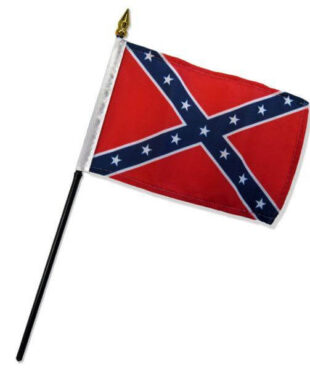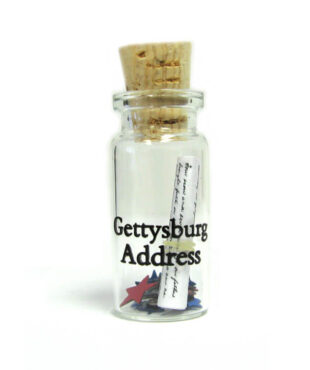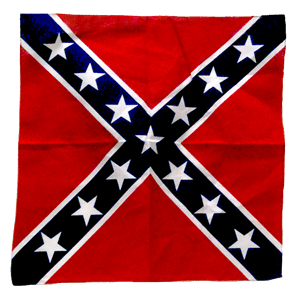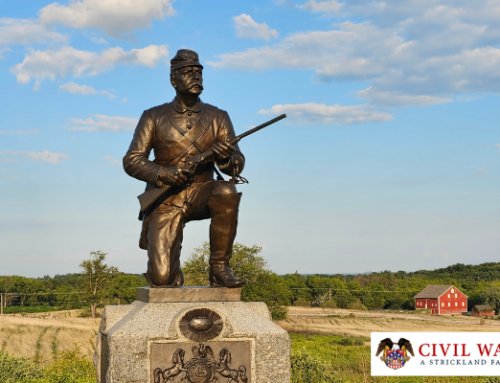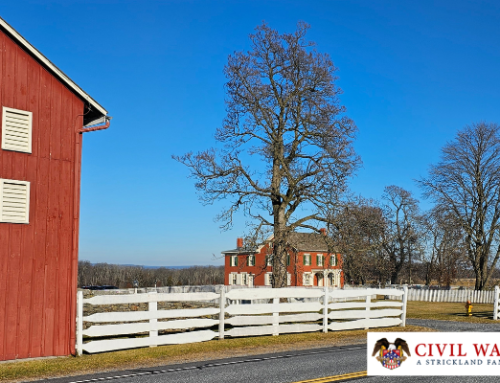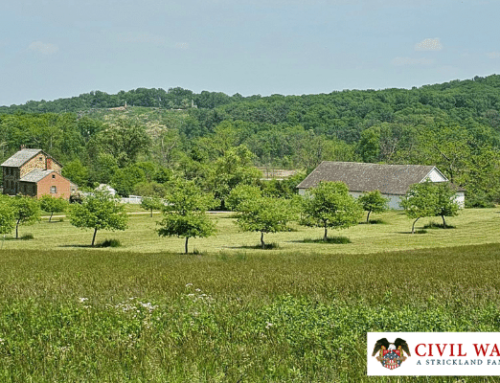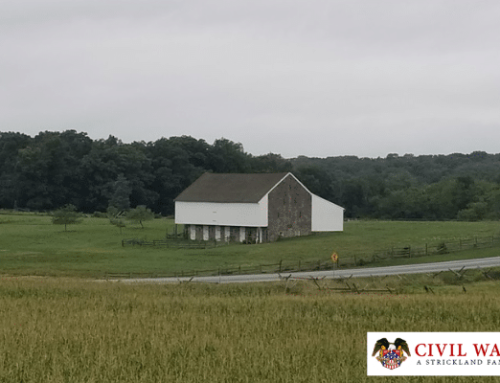Abner Doubleday: Legend vs. Fact
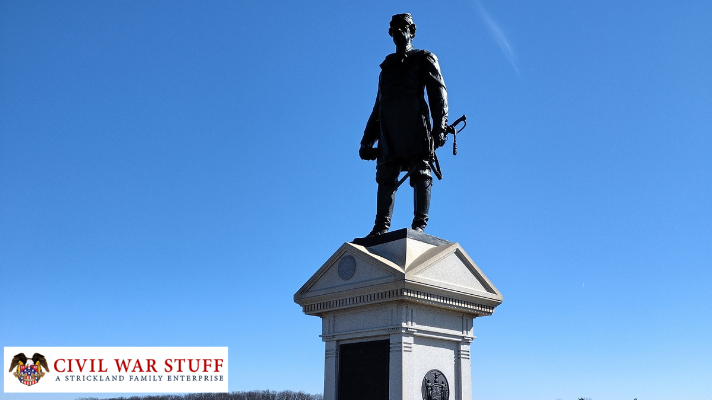
Abner Doubleday: The legend
For many years the legend floated around that Abner invented “America’s Pastime” baseball. The rumors came from a 1907 report that credited him with inventing the game around 1839. This is the same year he became a West Point cadet. However, as years passed, this story has been relegated to the pages of history as simply a legend. No official records prove this, and none of Doubleday’s own papers even remotely mention the game or his connection to it. It makes for a good story but is simply not proven. Despite this, many baseball teams and fields continue to bear his name. However, his involvement in the Civil War and the Battle of Gettysburg is a fact.
Abner Doubleday: The true story
Abner Doubleday was on June 26, 1819, in Ballston Spa, New York. The son of a congressman, he graduated West Point in 1842 and was assigned to the artillery. Doubleday was part of the Civil Ware from day one. Stationed in the garrison at Fort Sumter, he fired the first gun in response to the rebel advance.
At Gettysburg, Doubleday found himself in charge of the 1st Corps upon the death of John Reynolds during the first day’s engagement. Though fighting all morning valiantly, the 1st Corps were outnumbered, overwhelmed, and suffered many casualties. They eventually retreated through the town of Gettysburg to Cemetery Hill.
On July 2, having lost confidence in Doubleday’s ability to lead, Meade stripped him of his command of the 1st Corps, putting junior ranking General John Newton in charge instead. Doubleday was moved back to division command. To make matters worse, Doubleday was wounded in the neck later that day.
After the battle of Gettysburg, Doubleday formally requested to be reinstated as commander of the 1st Corps. Meade refused, and on July 7, Doubleday left the Army and headed to Washington. He spent the remainder of the war serving in administrative duties. However, he had his opportunity to get his revenge on Meade when he testified against him during congressional hearings on Gettysburg, where he openly criticized Meade’s handling of the battle.
After the battle
After the conclusion of the Civil War, Doubleday served as Lieutenant Colonel, leading an all-Black unit in Texas. He was next transferred to San Francisco to serve as a recruiting officer before retiring from active duty in 1873. He eventually became President of the American Theosophical Society. Abner Doubleday died in 1893 in Mendham, New Jersey.
John Massey Rind created the nine-foot tall statue erected in his memory. It stands upon an eleven-foot-tall base. The statue was dedicated on September 25, 1917, by the State of New York.






